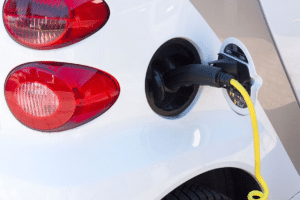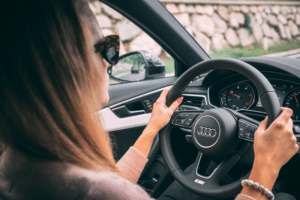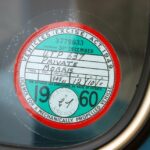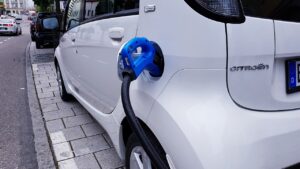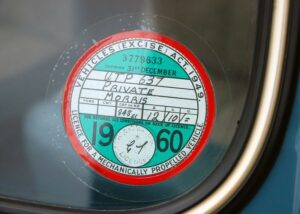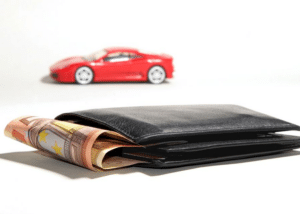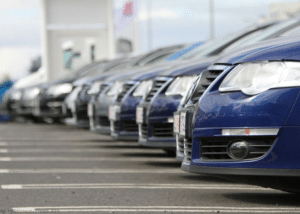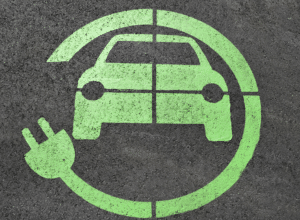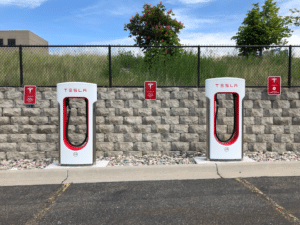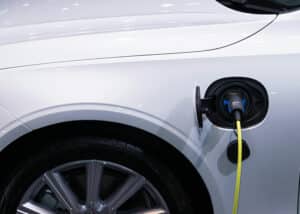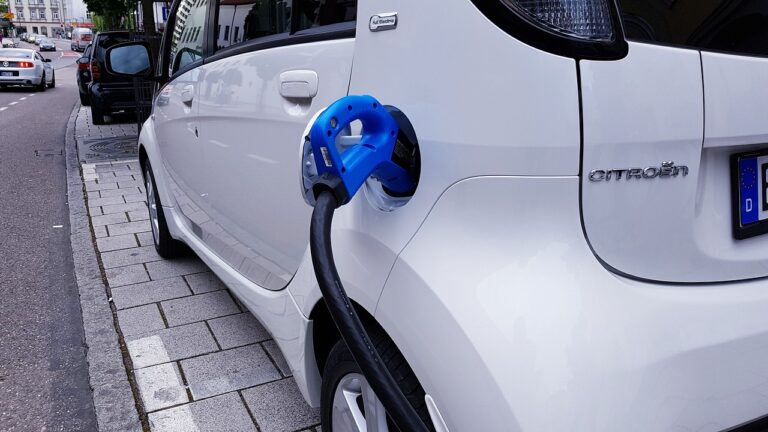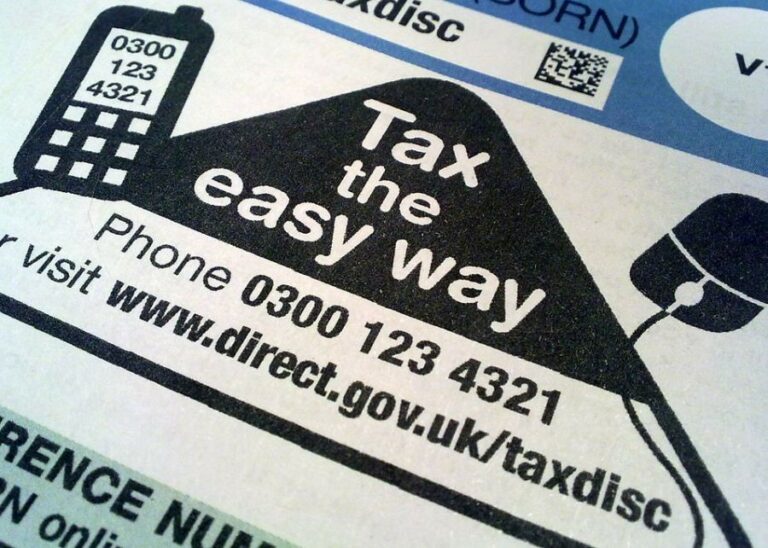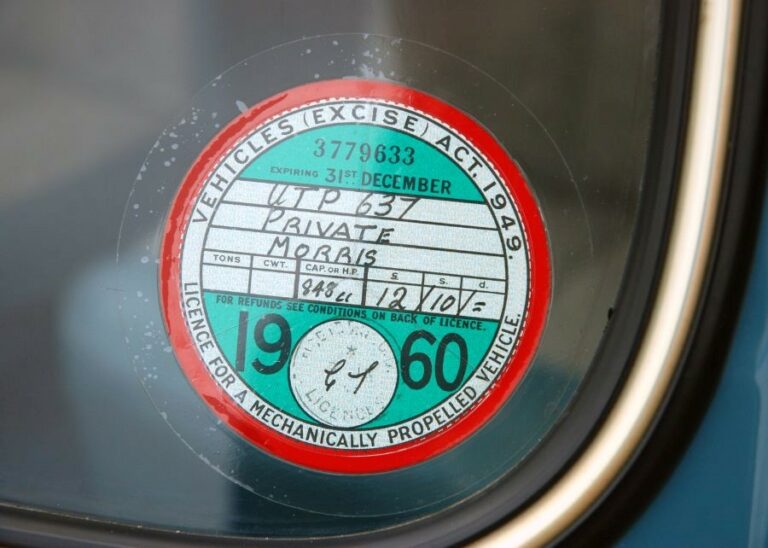Car trackers are devices that can help you locate your vehicle in real time, monitor its speed and movement, and protect it from theft or unauthorized use. There are different types of car trackers available, depending on your needs and preferences.

About Car Tracking Devices
A car tracker is a device that can help you locate your vehicle in real time, monitor its speed and movement, and protect it from theft or unauthorized use. There are different types of car trackers available, depending on your needs and preferences. Some of the common features of car trackers are GPS, GSM, and bluetooth.
With GPS technology, this can pinpoint the exact location of your vehicle on a map. You can access this information on your phone, computer, or other devices using an app or a website. Whereas GSM technology can send commands or requests to your tracker via text messages or calls, and receive alerts or responses from your tracker in the same way. GSM trackers can also use GPS to provide you with location information, but they may have lower accuracy or coverage than GPS-only trackers.
With bluetooth, it uses wireless signals to connect your vehicle to your phone or other devices. You can use Bluetooth trackers to find your vehicle within a short range, such as in a parking lot or garage. Bluetooth trackers can also work with GPS or GSM trackers to enhance their performance or battery life.
Car trackers are devices that use different technologies to communicate with your vehicle and provide you with location information. For example, a GPS receiver, they have antennas that receive signals from GPS satellites to calculate the vehicle’s location. The receiver then sends the location data to an online server using a cellular or satellite network. Some car trackers also have additional features, such as alerts, geo-fencing, voice monitoring, SOS button, and more says Life Wire.
How much does a car tracker cost?
The cost of a car tracker can vary depending on the type, features, and installation of the device. The average price range for a car tracker in the UK can vary and there may also be a monthly or annual subscription fee that some car trackers may require for their online services.
Some of the factors that can affect the cost of a car tracker are:
Type: There are different types of car trackers, such as GPS, GSM, Bluetooth, or OBD-II trackers. Each type has its own advantages and disadvantages in terms of accuracy, coverage, battery life, and compatibility. Generally, GPS trackers are more expensive than GSM or Bluetooth trackers, and OBD-II trackers are more convenient than hardwired or magnetic trackers, according to the Market Inspector.
Features: There are different features that car trackers can offer, such as alerts, geo-fencing, voice monitoring, SOS button, mileage report, speed report, and more. Some features may be more useful for personal or business purposes than others. Generally, the more features a car tracker has, the more expensive it is.
Installation: There are different ways to install a car tracker in your vehicle, such as plugging it into the OBD-II port, wiring it to the battery or fuse box, or attaching it with a magnet. Some car trackers may require professional installation by a certified technician, while others may be easy to install by yourself. Generally, professional installation is more expensive than DIY installation.

What is the best car tracker?
Trackers in cars and having a vehicle tracking system is a great thing to have but there are many different car trackers available in the market and the best one for you may depend on your budget, preferences, and needs. Here are some of the factors that you may want to consider when choosing a car tracker:
Installation: Some car trackers are easy to install by plugging into the OBD-II port of your car, while others require hardwiring or attaching to the battery. You may also want to consider how easy it is to remove or hide the tracker from potential thieves.
Features: Car trackers can offer various features, such as real-time location, geofencing, speed alerts, collision detection, driving behaviour analysis, and more.
Cost: Car trackers have different costs, both upfront and ongoing. Some trackers have a high initial purchase price, but low or no monthly fees. Others have a low purchase price, but require a monthly subscription or a SIM card with data. You could always compare different trackers and see which one fits your budget.
Based on these factors, you may want to check out some of the car trackers that have been reviewed and rated by various sources. Here are some of the top picks from different websites:
Best Overall: BouncieGPS Car Tracker – This tracker plugs into the OBD-II port and provides real-time location, geofencing, speed alerts, trip history, vehicle health, and more. It has a low purchase price of £49.95 and a monthly fee of £6.40.
Best For Monitoring Teen & Senior Drivers: Vyncs Pro 4G+2 – This tracker also plugs into the OBD-II port and offers real-time location, geofencing, speed alerts, driving behaviour analysis, vehicle health, roadside assistance, and more. It has a high purchase price of £129.99 and no monthly fee for the first year.
Best Magnetic: Rewire Security 104-Pro – This tracker is magnetic and waterproof and can be attached to any metal surface on the car. It offers real-time location, geofencing, speed alerts, motion detection, and more. It has a high purchase price of £99.99 and requires a SIM card with data.
Do I need to install a vehicle tracking device for my car insurance?
The answer to this question may depend on your insurance provider and policy. Some insurance companies may require you to install a vehicle tracking device as a condition of your coverage, while others may offer it as an optional feature that can lower your premiums or provide other benefits. You may want to check with your insurance provider to see what their requirements and options are for vehicle tracking devices.
Vehicle tracking devices, also known as telematics devices, are tools that monitor your driving habits for your insurance provider, according to Car Zing. They can measure various aspects of your driving, such as speed, mileage, braking, acceleration, location, and time of day. The data collected by the device can be used by the insurance company to assess your level of risk and adjust your rates accordingly and some insurance companies may also use the data to provide feedback, tips, or rewards for safe driving.
Ultimately, the decision to install a vehicle tracking device for your car insurance is up to you and your insurance provider. You may want to weigh the pros and cons of having such a device and compare different offers from different insurers.

Insurance Approved Vehicle Trackers
Insurance approved car trackers are devices that can help you locate and recover your car in case of theft. They are also often required or recommended by insurance companies to reduce the risk of loss and lower your premiums.
There are different types of insurance approved trackers, such as S5, S7, CAT 5, and CAT 6, which have different features and standards set by Thatcham Research, an independent organisation that tests and certifies vehicle security product.
Some of the features that insurance approved vehicle trackers may offer are:
Real-time location tracking: You can see where your car is at any time using a smartphone app or a web portal.
Geofencing: You can set up a virtual boundary around your car and receive alerts if it moves outside the boundary.
Speed alerts: You can monitor how fast your car is going and receive alerts if it exceeds a certain speed limit.
Driving behaviour analysis: You can get feedback on your driving habits, such as braking, acceleration, cornering, and mileage.
Collision detection: You can get notified if your car is involved in an accident or impact.
There are many insurance approved vehicle trackers available in the market, but the best one for you may depend on your budget, preferences, and needs.
If you’re looking for an insurance-approved tracker, these are just some examples you might want to consider:
The Vodafone Protect & Connect S7: This Thatcham-accredited insurance-approved tracker uses cellular technology to provide real-time information on your car’s whereabouts.
The Meta Trak S5: This tracker is suitable for high-value vehicles and offers advanced features such as driver identification and geofencing.
ScorpionTrack DRIVER S5-VTS: This tracker is also suitable for high-value vehicles and offers features such as driver identification, geofencing, and battery disconnect alerts.
How does GPS tracking work?
A GPS tracking device consists of three main segments: the space segment, the control segment, and the user segment, says How to Geek. GPS trackers can be used for various purposes, such as monitoring the driving habits of teens, recovering stolen vehicles, managing fleets of cars or trucks, or navigating routes, according to Life Wire.
A GPS tracker works by receiving signals from GPS satellites and using a mathematical principle called trilateration to calculate its position based on the distance from at least four satellites. The tracker then sends the location data to an online server using a cellular or satellite network, which the user can access through a web or mobile app.
A GPS car tracker is great for helping you to locate your vehicle in real-time and recover it faster with the help of the police. If your vehicle is stolen, you can use the car tracker to track its location and inform the authorities. Therefore, a car tracker can provide you with peace of mind and security for your vehicle.
Why Should You Install A GPS Tracker?
Car tracker devices such as a GPS tracker, use Global Positioning System (GPS) to determine the location and movement of a vehicle, person, or other object. GPS trackers can have many benefits for different purposes, such as navigation, security, efficiency, and safety.
Here are some of the reasons why you should install a GPS tracker:
Navigation: A GPS car tracker can help you find the best route to your destination, avoid getting lost, and save time and fuel. You can also use a GPS tracker to locate your friends, family, or employees in real-time and communicate with them easily. According to Route 4 Me, a GPS tracker can also provide you with useful information, such as traffic and weather alerts, nearby places of interest, and driving behaviour feedback.
Security: A GPS tracker can help you protect your vehicle, person, or other object from theft, loss, or damage. You can use a GPS tracker to monitor the location and status of your asset at any time and receive alerts if it moves outside a predefined boundary (geofencing) or exceeds a certain speed limit. You can also use a GPS tracker to recover your stolen asset by contacting the authorities and providing them with the exact location, says Final Check.
Safety: A GPS car tracker can help you prevent or reduce the risk of accidents, injuries, or emergencies. You can use a GPS tracker to improve your driving safety by following the speed limits, avoiding distractions, and receiving collision detection alerts. You can also use a GPS tracker to request roadside assistance or emergency response if you encounter any problems on the road.
How can you ensure your vehicle’s safety and security, beyond a vehicle tracker?
There are many ways to ensure your vehicle’s safety and security, beyond a vehicle tracker. Here are some of the tips that you may find useful:
Always lock your car doors after entering or leaving your vehicle. Park in well-lit areas and have your car keys in your hand so you don’t have to linger before entering your car, says UCLA. Check the interior of your vehicle for intruders before entering your car too.
Don’t just rely on your key fob to lock your car, as some thieves use ‘jammers’ to intercept the signal between the fob and the car, leaving the vehicle unlocked and vulnerable to theft, says the RAC. Always physically check the locks of your car, including the boot.
Avoid being a victim of a ‘relay attack’, where criminals use devices to receive the key signal from inside your home and trick the car into thinking the key is there, allowing them to unlock the vehicle and drive away. Place the keys inside a metal box, signal blocking wallet or safe to block the signal that allows this.



















